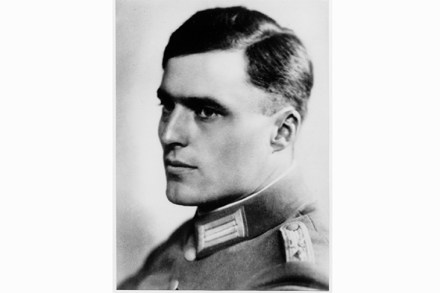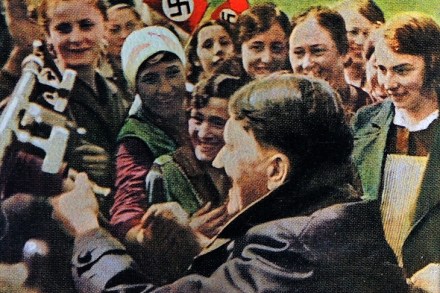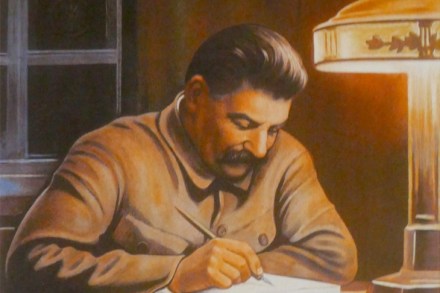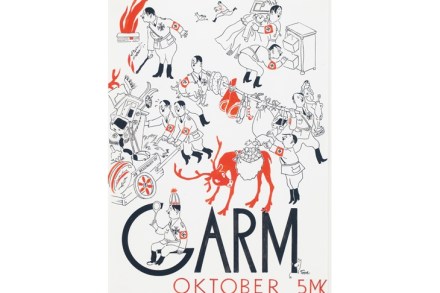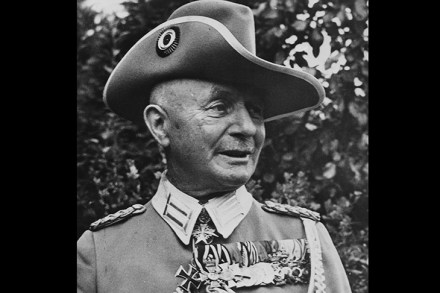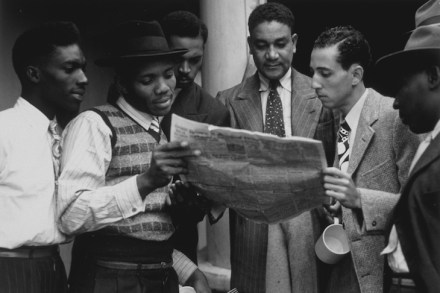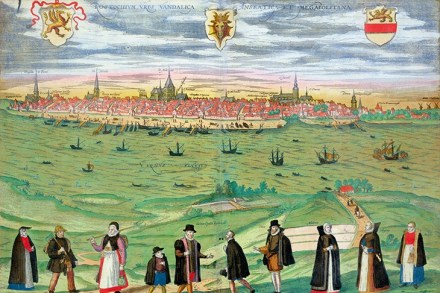Hitler’s devastating secret weapon: V2, by Robert Harris, reviewed
After Stalingrad, Hitler desperately needed an encouraging novelty. Wernher von Braun, Germany’s leading rocketeer in the second world war, expertly and persuasively briefed him on the latest secret weapon, a powerful ballistic missile, with a film to demonstrate its capabilities. Hitler was enchanted. He said: ‘Gentlemen, I thank you. If we had had these rockets in 1939, we should never have had this war. No one would have dared oppose us.’ Hitler made the aristocratic von Braun an honorary professor — and ordered the manufacture of 10,000 of the new rockets. The V2 was inaudible and invisible before its cataclysmic explosion, and after blast-off there was no defence Germany had






